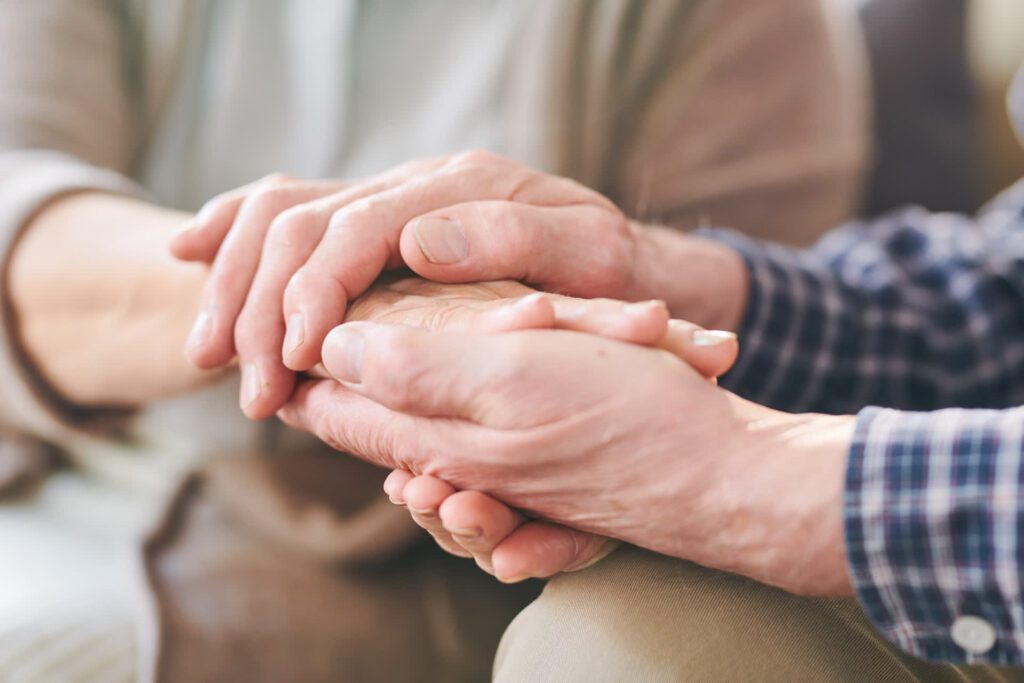Improving Quality of Life
Caregiver Burnout and Self-Care Strategies

Caregiver burnout and self-care strategies are crucial topics for anyone providing care to loved ones. While caregiving can be rewarding, it also brings significant physical, mental, and emotional challenges. Recognizing the signs of burnout and prioritizing self-care are essential to maintaining balance and well-being.
Recognizing Caregiver Burnout Signs
Caregiver burnout can manifest as physical exhaustion, emotional fatigue, and a sense of being overwhelmed. Symptoms may include changes in sleep patterns, feelings of helplessness, and withdrawal from social activities. Identifying these signs early is the first step toward recovery and balance.
For additional resources, visit the Family Caregiver Alliance and learn more about maintaining caregiver health.
Effective Self-Care Strategies for Caregivers
Self-care is not a luxury but a necessity. Here are some practical strategies:
- Set Boundaries: Learn to say no and delegate tasks to others when needed.
- Take Breaks: Schedule time for yourself, even if it’s just a short walk or a quiet moment with a book.
- Stay Connected: Reach out to friends, family, or support groups to share your experiences and seek advice.
- Practice Mindfulness: Engage in activities like meditation or journaling to center yourself and manage stress effectively.
Explore additional self-care resources at the HelpGuide’s stress management tips.
Finding Balance with Caregiver Burnout and Self-Care Strategies
By embracing these caregiver burnout and self-care strategies, caregivers can find balance, avoid exhaustion, and continue supporting their loved ones effectively. Remember, taking care of yourself enables you to provide the best care for those who rely on you.
